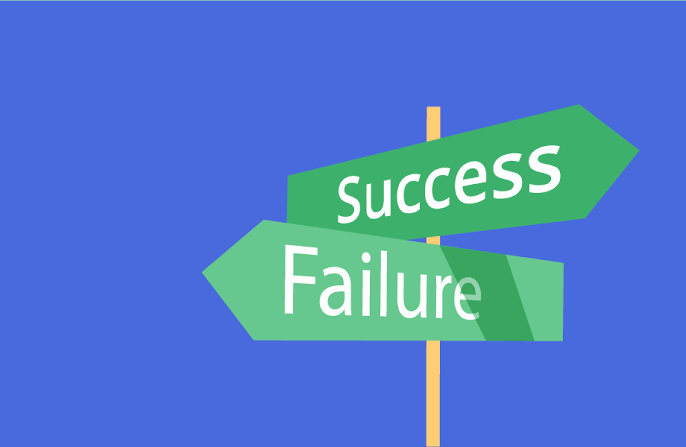Derail Your Train of Thoughts
Try to slowdown and stop the everyday onslaught of thought that wears you out—especially the kind of circular thinking that gets you nowhere. It is important to avoid getting into such state of circular thinking that does not lead to any obvious solution. Perhaps there’s a simple thought or quote you can use to help you derail your train of thoughts and initiate your relaxation response.
The Practice of Meditation
Unlike prayer, where you do the talking, meditation is more akin to listening. Your breath is the most natural thing to tune in to. Just observe your breathing. Listen to the sound it makes and feel the sensation it creates. This leads you into a meditative state. If thoughts enter your mind, just let them go. Passively disregard them. Instead, stay with your breath. Let it settle into its own circular rhythm.
One or two daily sessions of meditation—preferably at the same time every day—will change the way your body responds to stress because the effects of one session can last throughout the day. Having written the last paragraph, I have to confess that ‘letting go’ of your thoughts is far easier to write in a book than in actual practice. Many a times, I have experimented and tried a variety of techniques to let go of my thoughts during meditation. No luck—I am still stuck with all my thoughts.
With my limited experience and poor understanding of the meditation techniques, I have kept this discussion to a minimum. There are obviously many nuances to meditation, and a qualified teacher may be advisable. There are very few rigorous scientific studies on the benefits of meditation. Alternatively, you can follow some of the other techniques discussed in this chapter and get the stress-reducing benefits. My personal favourite—regular physical exercise.
One of the best techniques for combining the advantages of meditation with the physical benefits of exercise is the practice of’yoga’. There is no question about the advantages of regular yoga on improving both physical and mental health. There are many excellent books available on the subject. It is one of the best techniques for those who can take it up and the benefits will be immediate and long lasting.
Brain Mapped During Meditation Studies
In a study at the Medical College of Georgia, scientists discovered that the daily practice of transcendental meditation kept blood vessels open, thus significantly lowering the blood pressure of meditators compared with those who just relaxed as completely as possible.
Harvard Medical School researchers used functional Magnetic Resonance Imaging (MRI) to identify and characterize the brain regions that are active during a simple form of meditation. Significant signal increases were observed in the pre-frontal cortex, hippocampus, and the cortex. According to the researchers, this indicates that ‘meditation activates neural structures involved in attention and control of the autonomic nervous system.’ A caveat that we discussed earlier is in order. These are only a few studies that show the effects of meditation. Just because some portions of the brain are activated does not mean that a specific action like control of the autonomic system is happening. We should accept these claims with a healthy dose of scepticism. Only if it works in our own case, should we continue with the meditation.
Some practical tips for stress reduction using our thoughts and emotions:
- See problems as opportunities or at least break a problem into manageable chunks.
• Do not take all things personally.
• There is no right answer to every problem.
• It is not a perfect world.
• Let go of some things.
• This too shall pass.
• Refute negative thoughts.
• Stop over generalizing.
• Control yourself, not others.
• Be yourself.
Source: https://www.remedyguru.com/?p=4592#more-4592
Disclaimer: All information, data and material has been sourced from multiple authors and is for general information and educational purposes only and are not intended to replace the advice of your treating doctor.
The views and nutritional advice expressed are not intended to be a substitute for conventional medical service. If you have a severe medical condition or health concern, see your physician.





